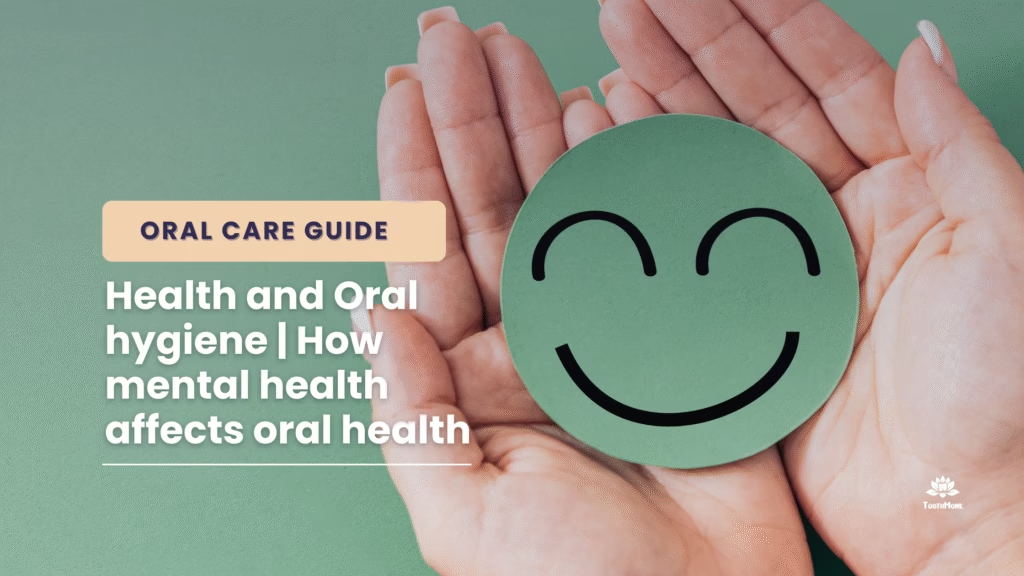
Understanding the Link Between Stress and Oral Health
Stress affects nearly every system in your body, including your mouth. According to the American Dental Association, chronic stress can lead to teeth grinding (bruxism), jaw pain, dry mouth, and even gum disease. It compromises your immune system, making it harder to fight off oral bacteria, leading to inflammation and infection.
Common Oral Problems Triggered by Stress
- Bruxism (Teeth Grinding)
2. Canker Sores
3. Dry Mouth (Xerostomia)
4. Gum Inflammation and Bleeding
5. Neglected Oral Hygiene Habits
These issues are interconnected, often worsening over time if not managed both physically and mentally.
Psychological Stress Leads to Neglected Habits
When under stress, you’re less likely to brush and floss regularly. You might reach for sugary comfort foods or neglect dental visits. Small steps like skipping floss or delaying cleanings can have long-term effects. That’s why managing stress is just as important as brushing your teeth.
Research-Backed Insights
Studies published in the Journal of Clinical Periodontology have shown that stress and anxiety can significantly increase plaque buildup and decrease salivary flow, both risk factors for gum disease. Stress also alters your cortisol levels, which impacts inflammation across the body, including the gums.
Chronic stress doesn’t just weigh on your mental health, it can take a real toll on your mouth. According to the American Psychological Association, stress can affect nearly every system in the body, including your immune and digestive systems, which are closely tied to oral health. When the body is under constant pressure, the risk of inflammation increases, making your gums more susceptible to disease.
One of the most common oral manifestations is stress-related teeth grinding, also known as bruxism. Often occurring unconsciously during sleep, bruxism can wear down tooth enamel, cause jaw pain, and even lead to cracked teeth over time. Understanding how stress affects different parts of the body helps highlight the importance of managing stress not only for your mind—but also for your mouth.
Tips for Managing Stress to Improve Oral Health
Practice Mindfulness: Incorporate breathing exercises and meditation.
• Stay Active: Regular exercise reduces cortisol and boosts mood.
• Eat Healthy: Avoid stress-snacking on sugary items.
• Stay Hydrated: Drink enough water to combat dry mouth.
• Stick to Your Routine: Don’t skip brushing and flossing.
• Visit Your Dentist: Get professional support and preventive care.
Happy Mouth, Happy Mind, It Works Both Ways
Improving your oral hygiene can boost self-confidence and reduce anxiety. That clean, fresh feeling after brushing is more powerful than you think. Healthy gums and fresh breath can support mental clarity and positivity. It’s not just about oral care, it’s self-care.
Want a full plan? Check out our Complete Guide to Oral Care Routines on Toothmonk to help you stay consistent, even during life’s chaos.
According to the ADA, stress management plays a critical role in oral health. Read more on their official site: https://www.ada.org/resources/research/science-and-research-institute/oral-health-topics/stress
Your oral health reflects more than your hygiene, it reflects your mind. The next time stress knocks on your door, don’t just think mentally, think orally too. A small change in mindset can make a big difference in your smile.
